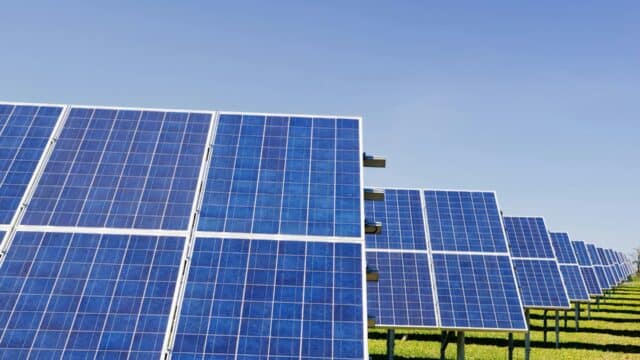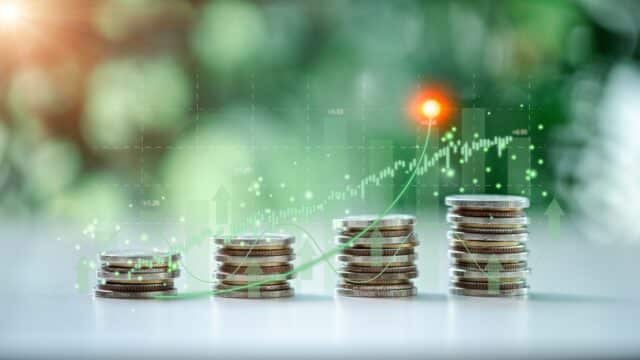Articles

47th ASEAN Summit 2025 Ends With Trump Promising Support to Southeast Asia
ASEAN is becoming a key point of interest to global superpowers. However, it remains critical that, in the negotiation process, Southeast Asian economies don't neglect their own interests as in the case of the energy transition, where they are increasingly succumbing under the external pressure of the fossil fuel lobby.
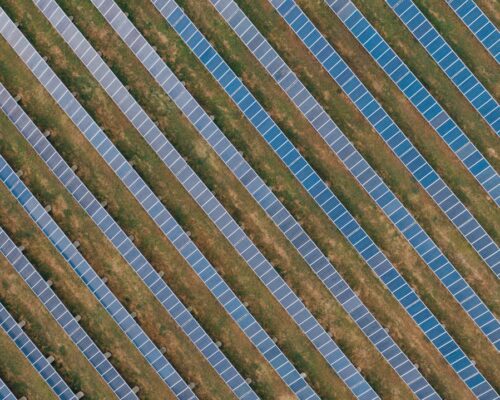
Proposed Ammonia Co-firing Solutions More Expensive than Renewables
The LCOE for ammonia co-firing exceeds that of renewable electricity, rendering Southeast Asia’s plans economically unfeasible. According to experts, instead of exposing themselves to the financial, environmental and health risks associated with ammonia co-firing, ASEAN nations should prioritise the accelerated deployment of renewable energy.

Smog in India: A Nation Struggling to Breathe
India’s air quality crisis has reached crisis levels, with PM 2.5 concentrations far above WHO guidelines and city skies routinely choked by smog from biomass burning, vehicle emissions, industry and crop burning. Short-term fixes like cloud seeding and emergency measures mask deeper, systemic failures. Lasting improvement requires stronger emissions controls, sustained policy action and equitable access to clean air.

Renewable Energy Trends 2025: Capacity to Double by 2030
Despite the positive trends, the IEA warns that the COP28 to triple clean energy capacity remains out of reach. To get back on track, countries should minimise policy uncertainties, reduce permitting timelines, increase grid investments and expand flexibility to facilitate the integration of variable renewables and derisk financing.

Gas Turbine Shortage in Vietnam and the Philippines
Experts note that delays, exacerbated by global gas turbine shortages, and regulatory and bankability challenges are giving clear market signals to move away from gas projects and scale up renewables and battery storage deployments instead.
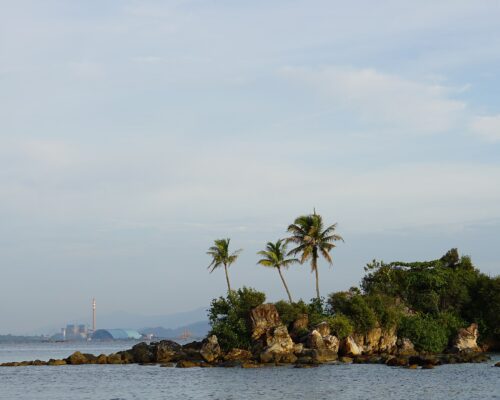
Domestic Banks Are Propping Up Indonesian Coal Despite Climate Risks
Despite global financiers halting support for coal power, Indonesia's major domestic banks are filling the void by funnelling billions into new coal projects. This continued investment risks locking in decades of pollution, making the country's climate goals impossible to achieve and hindering the uptake of cleaner energy alternatives.
Time to Ride, Indonesia Electric Motorcycle Diaries [Op-Ed]
Indonesia has the ingredients to become a global leader in electric motorcycles, with a huge domestic market, a culture of ingenuity, and a growing local ecosystem. Yet fragmentation, infrastructure gaps, and a subsidy rollback show that a coordinated, long-term approach—combining targeted incentives, charging access, and strong domestic brands—is essential to unlock sustainable growth in this sector.

Is Renewable Energy Expensive? Or Is It the Cheapest Power Source on Earth?
For years, sceptics questioned the cost of renewable energy, but the data now tells a different story. Renewables are not only the cheapest source of new electricity but also the fastest-growing, having decisively outcompeted fossil fuels on price. This surge is driving down energy bills and has led to renewables overtaking coal in the global power mix for the first time.
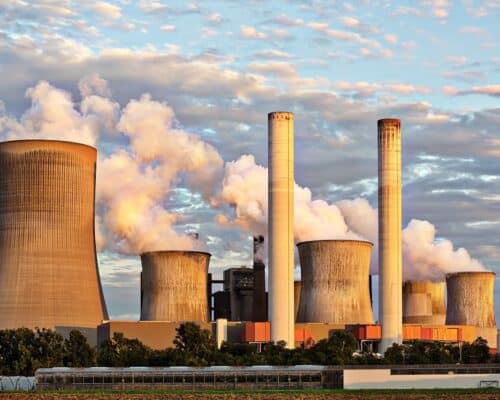
China’s 2035 NDC: Emissions to Drop 7-10%, Analysts Concerned
There are targets, and then there’s reality, and China’s 2035 NDC perfectly embodies this. While the targets are weak, it is hard to imagine that they weren’t set on purpose, just to be broken afterwards — a habit China has demonstrated over the years.

The Cost of Electricity in Australia: Can Renewables Finally Bring Prices Down?
Australia's energy crisis is deepening, with electricity bills soaring 27% above inflation in just two years. While ageing coal plants and high gas prices are the primary culprits, evidence shows renewables are already helping to curb wholesale costs. The nation's challenge is to accelerate the build-out of renewable infrastructure to secure long-term affordability and stability.

Climate Governance at an All-time High But Challenges Remain
Analysing the progress made in the decade after the Paris Agreement, DDP experts find that climate governance has put us on the right trajectory. However, a lot of work is left, and countries need to scale and accelerate their efforts to avoid the worst impacts of the climate crisis and unlock economic growth and resilience along the way.

UBS Quits the Net-Zero Banking Alliance: The Consequences
The mass exodus of UBS and other leading banks from the NZBA has made the coalition a thing of the past, sending a clear signal to the market that climate change has become even less of a priority for financial institutions. For Southeast Asia, one of the most climate-vulnerable regions and a hotspot for fossil fuel expansion, this outlook leaves little room for optimism.
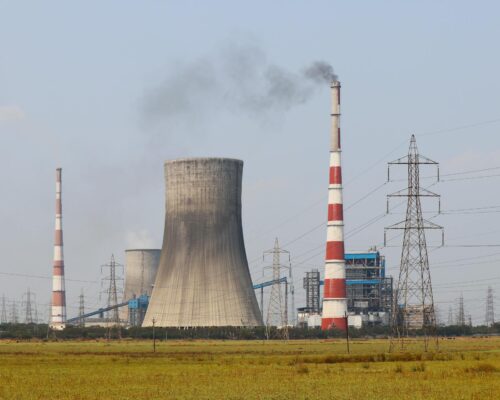
CREA: Indonesia’s RUPTL Plan Puts Fossil Fuels First, Renewable Energy Later
According to CREA, Indonesia’s RUPTL 2025-2034 reveals major discontent between the ambitious climate pledges and public commitments of the country’s leadership and the real plans, which see a projected growth and a pivotal role for fossil fuels.

The 2025 APEC Meeting: Opportunity For South Korea to Step Up
The sluggish global emissions reduction progress and the worsening climate emergency necessitate all hands on deck. South Korea, which has historically been among the biggest climate laggards, can change course and help lead Asia towards a cleaner and more sustainable future.
Most Popular
Most Popular
Categories
-
10
-
35
-
126
-
4
-
17
-
46
-
52
-
11
-
10
-
15
-
24
-
6
-
5
-
1
-
6
-
285
-
200
-
17
-
24
-
1
-
1
-
23
-
41
-
44
-
88
-
18
-
86
-
41
-
17
-
11
-
43
-
54
-
86
-
299
-
22
-
44
-
36
-
11
-
42
-
36
